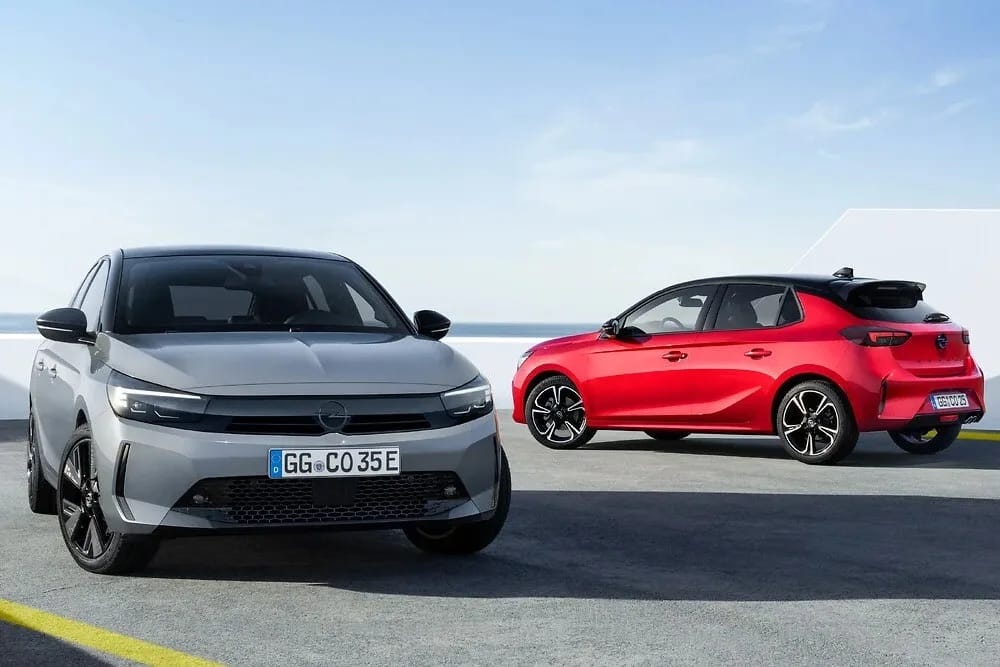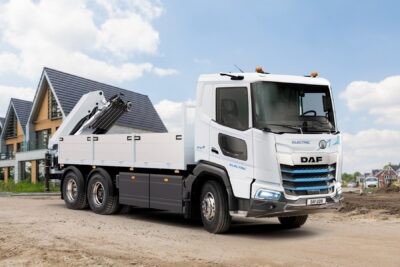Germany: No decision yet on planned EV subsidies
In the planned support scheme, which is intended to assist households with low and middle incomes in switching to zero-emission vehicles, many media outlets apparently reported further than the politicians. Earlier this week, several reports presented alleged details – the government had decided in favour of a purchase bonus and against social leasing, and specific figures for the income limit were already circulating with up to €3,800 gross per month mentioned.
The Federal Ministry for the Environment did not officially contradict these numbers, but also did not confirm them – for good reason. “We cannot confirm the circulating figures on potential subsidy amounts or the concrete design of the new support programme,” a spokesperson for the SPD-led Environment Ministry told the German Süddeutsche Zeitung (SZ).
It is now apparent that the federal government has not yet reached a consensus on the exact design of the new support. The SPD parliamentary group has compiled a position paper outlining its vision for the new programme – a very unusual step if there were already some form of agreement between the SPD and the CDU/CSU on the design. The paper’s authors are transport policy spokesperson Isabel Cademartori, environmental policy spokesperson Jakob Blankenburg, and economic policy spokesperson Sebastian Roloff – the SZ concludes that the demands formulated there “are supported by the breadth of the parliamentary group.”
According to the MPs’ proposals, a purchase bonus of €3,000 from the federal government should be available from 2026 to 2029. This would “be complemented by an equal contribution from manufacturers or dealers,” the SZ cites from the paper. The new bonus would apply not only to new but also to used vehicles – for new cars the manufacturer would likely be responsible, for used cars the dealer. Dealers should also offer a free battery check when selling used electric vehicles to build trust. The rules for private sales have not been specified.
However, the document provides information on vehicle criteria that go beyond a simple price ceiling. According to the SPD group, only vehicles costing no more than €45,000, produced in Europe, and achieving a specified environmental score would qualify for the subsidy.
Eligibility would also be limited to people with a “low to middle monthly income” – no figures such as the €3,800 gross per month mentioned in earlier rumours are stated. In addition, the SPD group supports a social leasing model for low earners, which could also be combined with the purchase bonus. The programme is planned to start in 2027, with “low leasing rates and a later purchase option,” and would apply only to vehicles produced in Europe that meet the environmental score.
While Finance Minister Lars Klingbeil (SPD) had already indicated that such a programme would be funded with €3 billion from the Climate and Transformation Fund and the EU Social Fund, the SPD parliamentary group proposed an additional financing measure: company cars with combustion engines should be taxed at higher rates in the future, and the additional revenue would flow into e-mobility, the SZ reports. SPD politicians emphasise that the measure is not only about financing their plan but also about the future used car market: “The company car sector is the largest vehicle segment for climate-neutral individual transport and will play a significant role in creating a used electric vehicle market,” the paper states.
sueddeutsche.de (in German)
This article was first published by Sebastian Schaal for electrive’s German edition.





0 Comments